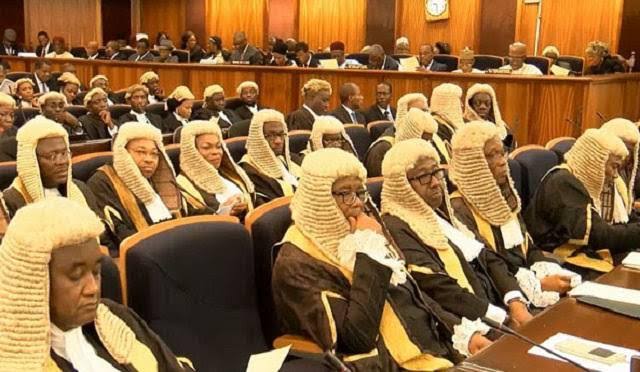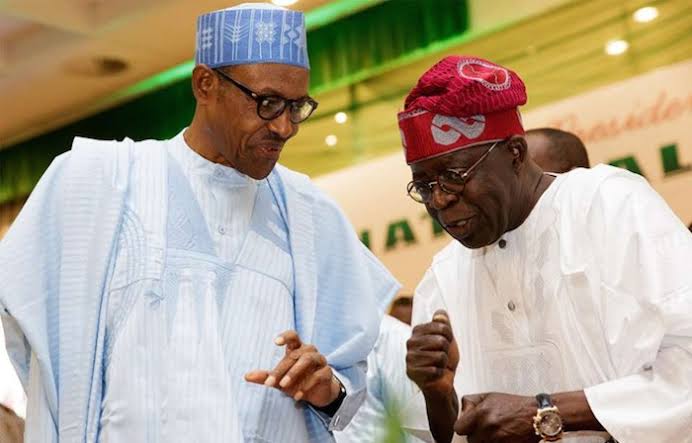A recent corruption survey by the National Bureau of Statistics (NBS), in collaboration with the United Nations Office of Drugs and Crime (UNODC), has revealed that only two per cent of Nigerians declined to pay bribes requested by judges for favourable outcomes in court cases between 2019 and 2023.
This finding is part of the “third survey on corruption as experienced by the population” in Nigeria, published on Thursday.
The report highlights a significant prevalence of bribery requests among public officials who have limited interactions with citizens, as opposed to those in regular contact with the public. Specifically, officials such as prosecutors and land registry officers have higher rates of bribery interactions compared to doctors, nurses, or teachers.

The report stated, “Several types of public officials who frequently encounter citizens have relatively small shares of interactions involving bribery (such as doctors, nurses, or teachers), while other types of officials who rarely encounter citizens (such as prosecutors or land registry officers, have relatively large shares of interactions involving bribery.”
The survey found that only one per cent of Nigerians who had contact with judges and magistrates refused to pay bribes for favourable court judgments.
According to the report, only two per cent of the country’s population did not pay bribes or were asked to pay for bribery to sway court judgements in their favour after meeting judges or magistrates under former President Muhammadu Buhari’s administration despite his so-called war against corruption and the first year of Chief Bola Tinubu’s administration.
Additionally, the report noted that in 2023, over half (52 per cent) of bribes paid to officials (judges and magistrates) were directly requested by the officials themselves. Other methods included indirect requests (23 per cent), facilitated procedures (nine per cent), signs of appreciation (eight per cent), and third-party requests (five per cent).
In terms of payment methods, the survey indicated that 95 per cent of bribes were paid through cash and money transfers, 16 per cent through food and drinks, eight per cent as animals, seven per cent in exchange for services, and four per cent in valuables, the report revealed.
Peoples Gazette
Follow the Parallel Facts channel on WhatsApp: https://whatsapp.com/channel/0029VaCQSAoHgZWiDjR3Kn2E









Leave a Reply